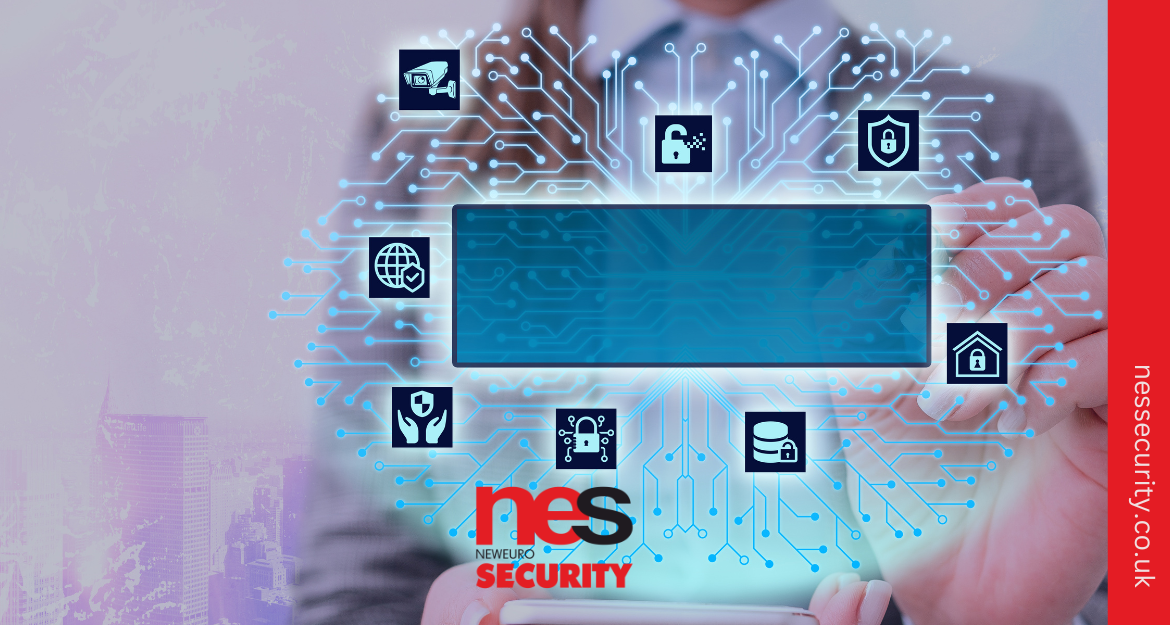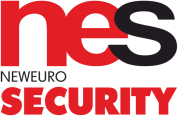The modern workforce has witnessed a significant transformation in recent years, with remote work becoming increasingly prevalent. The ability to work from anywhere has opened up new possibilities for businesses and employees alike, providing flexibility and convenience. However, as remote work continues to gain traction, organisations must prioritise the security of their digital assets and sensitive information. One essential aspect of maintaining robust security in a remote work environment is effective access control management.
The Evolution of Work Environments
In a remote work environment, where employees connect to corporate resources from various locations, managing access control becomes even more critical. Without proper access control measures in place, organisations expose themselves to potential security breaches and unauthorised access. To ensure the integrity and confidentiality of sensitive information, businesses must adopt best practices for managing access control in remote work settings. Let’s explore some of these practices in more detail.
The Importance of Secure Access Control in Remote Work Settings
Maintaining secure access control in remote work settings is paramount to protecting sensitive data and preventing unauthorised access. Unlike traditional office environments, where access is often limited to physical locations, remote work introduces additional complexities. Employees may access corporate resources from various devices and networks, increasing the risk of security vulnerabilities. By implementing robust access control measures, organisations can minimise these risks and safeguard their valuable assets.

Enhancing Remote Work Security: The Role of Access Control Systems
Access control systems play a crucial role in enhancing security in remote work environments. These systems enable organisations to manage user access privileges, monitor user activities, and enforce security policies effectively. By employing access control systems, businesses can ensure that only authorised individuals can access sensitive information, reducing the likelihood of data breaches and cyber-attacks.
Effective Access Control Management for Remote Teams
Managing access control for remote teams requires careful planning and implementation. Here are some best practices to consider:
1. Implementing Multi-Factor Authentication: Strengthening Remote Access Security
Implementing multi-factor authentication (MFA) is a fundamental step towards enhancing remote access security. MFA adds an extra layer of protection by requiring users to provide multiple forms of identification, such as a password, a fingerprint scan, or a one-time verification code. By adopting MFA, organisations can significantly reduce the risk of unauthorised access, as it becomes much more challenging for attackers to bypass multiple authentication factors.
2. Secure Remote Device Management: Controlling Access to Corporate Resources
Secure remote device management is crucial for maintaining control over access to corporate resources. Organisations should implement policies that restrict access to approved devices only. Additionally, enabling features like remote wipes and encryption ensures that sensitive data remains protected even if a device is lost or stolen. By implementing robust remote device management practices, businesses can mitigate the risk of unauthorised access through compromised devices.
3. Role-Based Access Control: Granting Permissions Based on Job Functions
Role-based access control (RBAC) is an effective method of granting permissions based on job functions. By assigning specific access rights to each employee based on their role within the organisation, businesses can ensure that individuals only have access to the resources necessary for their responsibilities. RBAC helps prevent the unauthorised escalation of privileges, minimising the potential damage in the event of a security breach.
4. Regular Access Reviews: Ensuring Proper Authorization and Removal of Access
Regular access reviews are essential to maintaining the integrity of access control in a remote work environment. By conducting periodic assessments of user access rights, organisations can ensure that employees still require the access they have been granted and that former employees or individuals no longer with the organisation have their access promptly revoked. These reviews minimise the risk of unauthorised access due to overlooked permissions and ensure that access control remains up to date.
Choosing the Right Access Control Solution for Remote Work Environments
Selecting the right access control solution is crucial for effectively managing access in remote work environments. Organisations must consider factors such as scalability, ease of use, compatibility with existing systems, and robust security features. Seeking the expertise of a trusted security provider, such as Nes Security, can help businesses identify and install the most suitable access control solution for their specific needs.

Training and Awareness: Educating Remote Employees on Access Control Practices
In addition to implementing technical solutions, educating remote employees on access control practices is paramount. Providing comprehensive training and raising awareness about the importance of access control, password hygiene, and safe remote work practices can significantly enhance the overall security posture of the organisation. Regularly reminding employees of the best practices for access control ensures that security remains at the forefront of their remote work routines.
Incident Response and Monitoring: Detecting and Addressing Access Control Issues
Having a robust incident response and monitoring system in place is vital for detecting and addressing access control issues promptly. Continuous monitoring of user activities, network traffic, and access logs enables organisations to identify suspicious behaviour and potential security breaches. By establishing effective incident response protocols, businesses can swiftly address access control incidents, minimise damage, and prevent future occurrences.
Remote Access Control Audits: Assessing the Effectiveness of Security Measures
Conducting remote access control audits regularly is essential to assess the effectiveness of security measures and identify any vulnerabilities. These audits involve evaluating access control policies, reviewing user access rights, and testing the security of remote access points. By performing comprehensive audits, organisations can proactively identify areas for improvement and ensure that access control measures align with evolving security needs.
FAQs
Can’t employees simply use a VPN for secure remote access?
While VPNs can provide a secure connection, they do not encompass all aspects of access control. Implementing additional measures, such as multi-factor authentication and role-based access control, further strengthens remote access security.
How often should access reviews be conducted?
Access reviews should be conducted regularly, ideally on a quarterly or biannual basis. However, the frequency may vary depending on the organisation’s size, industry, and specific security requirements.
Final Thoughts
Effectively managing access control in a remote work environment is crucial for maintaining the security and integrity of sensitive information. By implementing best practices such as multi-factor authentication, secure remote device management, role-based access control, and regular access reviews, organisations can enhance their security posture and minimise the risk of unauthorised access. Furthermore, partnering with a reputable security provider like Nes Security can offer expert guidance and the installation of the most suitable access control solution for your remote work environment. Prioritising access control is an investment in safeguarding your organisation’s digital assets and maintaining the trust of your clients and stakeholders.


